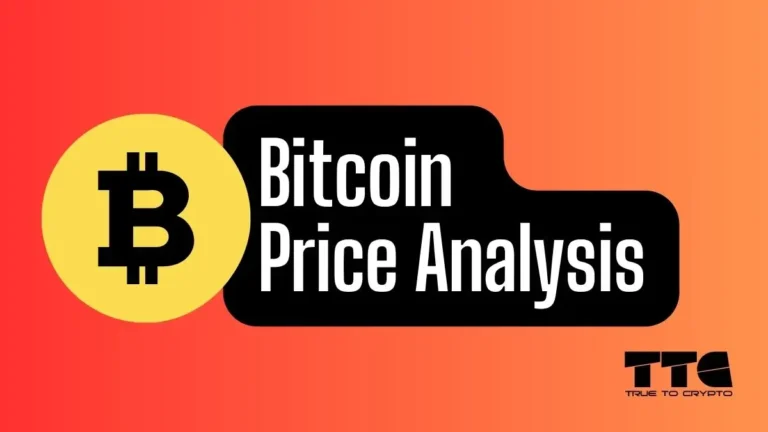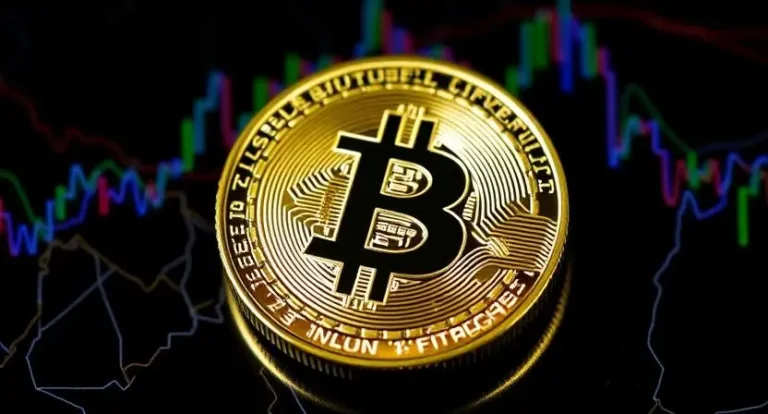The U.S. Securities and Exchange Commission (SEC) is stepping up its engagement with the cryptocurrency industry, announcing on March 25, 2025, plans to host four additional roundtables focused on key regulatory challenges. These sessions, organized by the SEC’s Crypto 2.0 Task Force, will tackle pressing topics including crypto trading, custody, tokenization, and decentralized finance (DeFi). Set to run from April to June, the initiative reflects a shift toward dialogue and clarity under a pro-crypto U.S. administration, aiming to balance innovation with investor protection in a $2 trillion market.
Commissioner Hester Peirce, the task force’s lead and a long-time advocate for sensible crypto policies, framed the series as a chance to move beyond the agency’s enforcement-heavy past. “These roundtables are an opportunity to hear experts discuss regulatory issues and solutions,” Peirce said, signaling a departure from the aggressive stance of former Chair Gary Gensler, who left in January 2025. The first event, “Between a Block and a Hard Place: Tailoring Regulation for Crypto Trading,” kicks off April 11, followed by custody on April 25, tokenization on May 12, and DeFi on June 6. Each will be held at SEC headquarters in Washington, D.C., with livestreams on SEC.gov to broaden public access.
The timing aligns with a crypto-friendly pivot under President Donald Trump. His March 6 executive order for a U.S. Strategic Bitcoin Reserve—naming Bitcoin, Ethereum, XRP, Solana, and Cardano—spiked BTC to $86,700 and fueled $35 billion in ETF inflows in 2024. The March 7 White House Crypto Summit further softened regulatory headwinds, with Acting Chairman Mark Uyeda, appointed January 21, scrapping a Biden-era custody rule in March. This backdrop sets the stage for the SEC to craft frameworks that could shape trading, custody, and DeFi for years.
The trading roundtable on April 11 will dive into standardizing crypto exchange operations. With daily volumes often topping $100 billion, the market’s lack of uniform reporting—unlike stocks—has long frustrated regulators. Fraud and manipulation cost investors $4.5 billion in 2024, and the task force aims to explore real-time monitoring akin to traditional systems. Exchanges like Binance and Coinbase, handling billions weekly, could see clearer registration paths, a shift from past lawsuits under Gensler.
Custody, slated for April 25, is another hot topic. Institutional adoption hinges on secure storage, yet breaches like the $1.5 billion ByBit hack in February 2025 highlight vulnerabilities. Hot wallets, used for quick trades, lost $80 million in 2024 breaches, while cold storage lags in speed. The SEC wants rules ensuring custodians—whether banks or crypto-native firms—meet fiduciary standards, potentially mandating insurance or multi-signature protocols. Fidelity’s stablecoin testing and BlackRock’s ETP custody via Coinbase could inform this debate.
Tokenization, up May 12, bridges traditional finance and blockchain. Converting assets like real estate or stocks into digital tokens promises liquidity and cost cuts—Japan’s Open House Group already accepts XRP and Solana for property deals. Yet, legal clarity on tokenized securities remains elusive. The task force will weigh disclosure needs and custody for these assets, with Chainlink’s ADGM partnership in Abu Dhabi offering a real-world case study of regulated tokenization.
DeFi, closing the series on June 6, poses the trickiest challenge. With $150 billion locked in protocols like Uniswap, DeFi’s decentralized nature clashes with centralized oversight. Scams drained $5.9 billion in 2024, yet its promise of open finance draws institutional interest—BlackRock’s $1.7 billion BUIDL fund runs on Solana. The SEC may explore licensing for DeFi platforms or smart contract audits, balancing innovation with accountability.
This isn’t the SEC’s first crypto rodeo. Its 2017 Cyber Unit tackled ICO fraud, growing into a 50-person team under Gensler that sued Coinbase and Kraken. The Crypto 2.0 Task Force, launched in January 2025, shifts focus to proactive policy. Peirce’s “Spring Sprint Toward Crypto Clarity” builds on a March 21 roundtable on token security status.
The market’s watching closely. Stablecoins like USDC, approved in Japan, and Tether’s $9 million freeze with Tron signal maturing infrastructure. Still, risks persist—MiCA’s EU rollout disrupted Tether, and U.S. laws lag despite Trump’s push. The task force’s success hinges on actionable rules; too soft, and fraud spikes; too harsh, and innovation flees to Singapore.
For now, these roundtables mark a turning point. Will they deliver the clarity a $2 trillion industry craves, or just more talk in a volatile space?
Disclaimer: The information provided on or accessed through TrueToCrypto.com (the “Website”) is for general informational purposes only and is obtained from independent sources that are believed to be reliable. However, TrueToCrypto.com, its owners, affiliates, officers, employees, and agents (collectively, “We,” “Us,” or “Our”) make no representations or warranties, express or implied, as to the accuracy, completeness, timeliness, reliability, or suitability of the information contained on or accessed through this Website. Further read Disclaimer.








